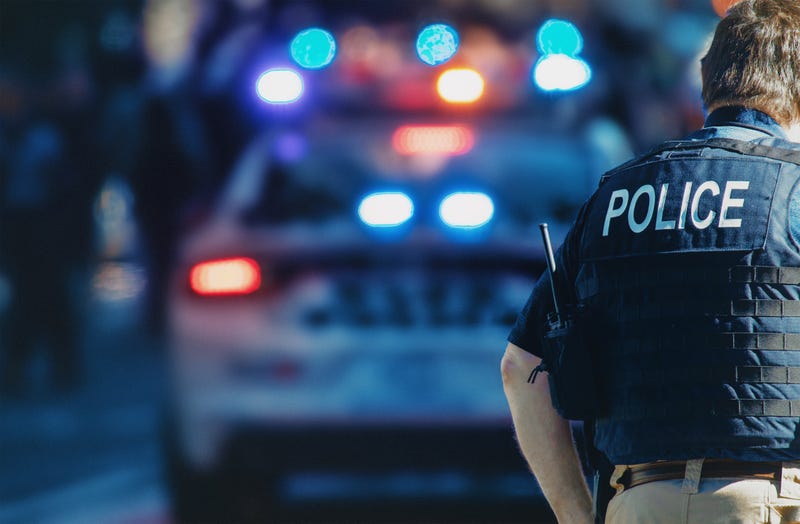
With a year of police reform putting new use-of-force rules in place, some officers are being forced to change how they respond to certain calls. In some cases, the way an officer responded to a call just two years ago could result in legal ramifications if they responded the same way today.
Listen to your favorite News/Talk station now on Audacy.
Jeff Potts, the executive director of the Minnesota Chiefs of Police Association, joined News Talk 830 WCCO's Chad Hartman to discuss how officers are responding to these suicide calls.
The Minnesota Legislature in 2020 passed a slate of police accountability measures following the death of George Floyd. Those who supported the effort said the state needed to prevent police violence while holding officers accountable.
Now, it has changed the way officers respond to specific calls, with legal ramifications looming at any wrong step.
Potts shared that chiefs and law enforcement, in general, are now looking at different ways to handle certain calls under the new legislation.
"It also is just how law enforcement is looking at these calls going 'how can we be more effective,'" Potts said.
He made it clear that law enforcement is not deciding not to go on calls, but instead looking at how they could respond to different situations more effectively.
"What we are really trying to figure out is who can assist law enforcement so we can be more effective on those calls," Potts said.
When it comes to how departments responded two years ago, there were no social workers, with only law enforcement responding to crisis calls. Now they stop before going out onto specific calls and think about what other available resources they have to respond the best way possible.
There were reports that police and sheriffs refused to go on calls where someone present may have been suicidal.
"We have had now police and sheriffs refuse to respond to suicide calls. And it's hugely problematic," National Alliance on Mental Illness (NAMI) Minnesota Executive Director Sue Abderholden said to the Pioneer Press. "We just really believe that yes, 'suicide by cop' is a real thing, but it is a very small percentage. And we do need officers at times responding to suicide calls."
However, Potts has not been made aware of anyone in law enforcement across the state saying they won't respond to a suicide call.
"I am not aware of any police departments in the state of Minnesota that have said we're not going on suicide calls," Potts said. "I don't hear that from the members of the Minnesota Chiefs Association, and we work very closely with the Minnesota Sheriffs Association, and I've spoken to their executive director. He has not heard that they have departments that are refusing to go.
"What they are saying is, how can we collaborate with other mental health professionals to assist us."
Potts emphasized that while they aren't responding as they have in the past, they are trying to find new ways to help those in crisis.
Potts does not think the resources are fully there yet, but he did share that he will be working with the legislature to help in areas with little to no resources.
"For right now, we're trying to figure out how we can take what is available and build some systems that build better collaborations," Potts shared.



